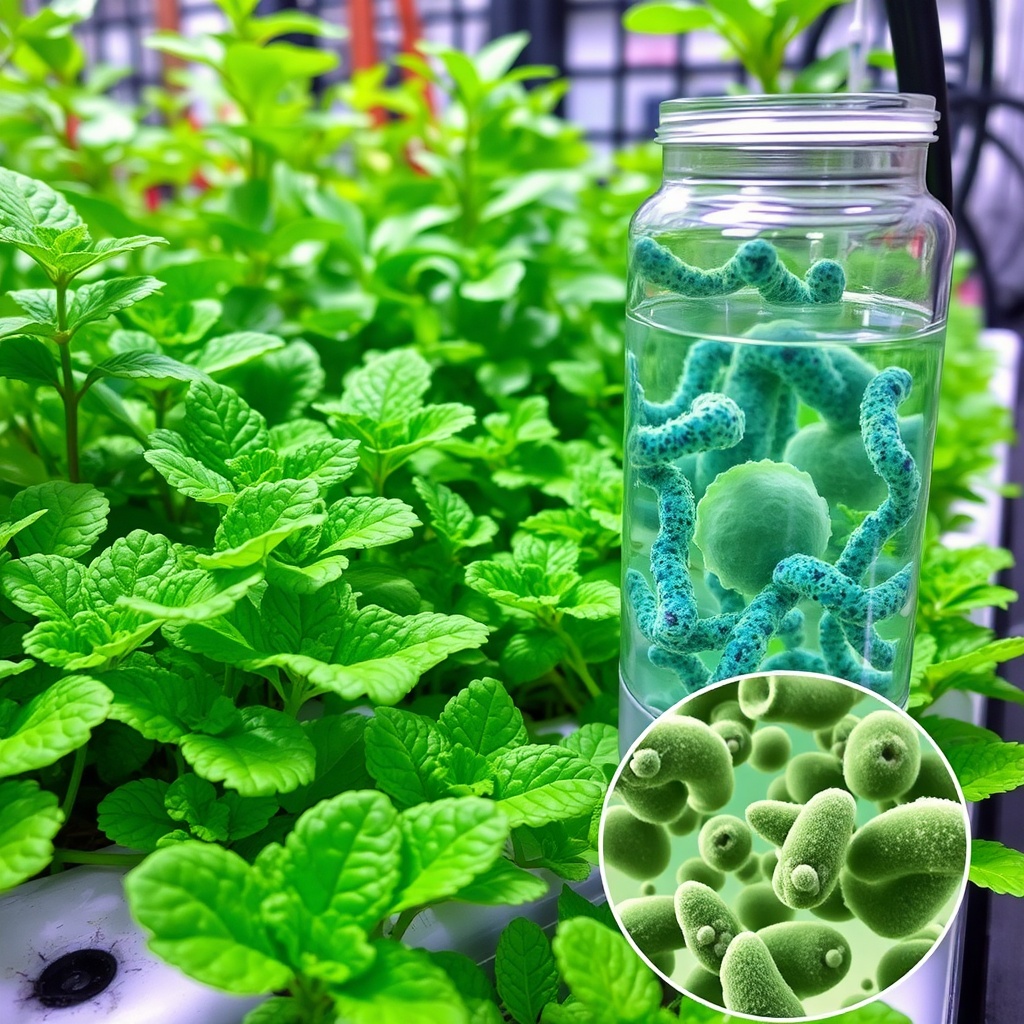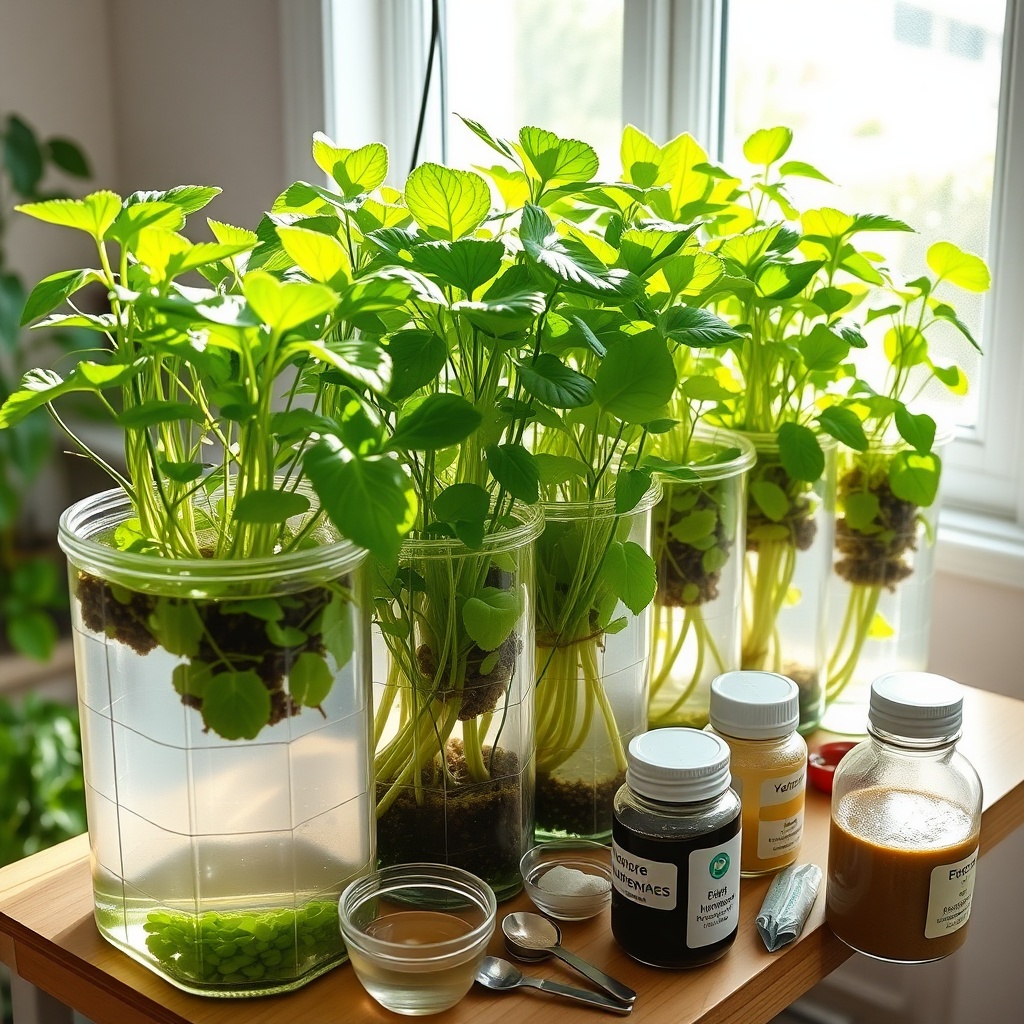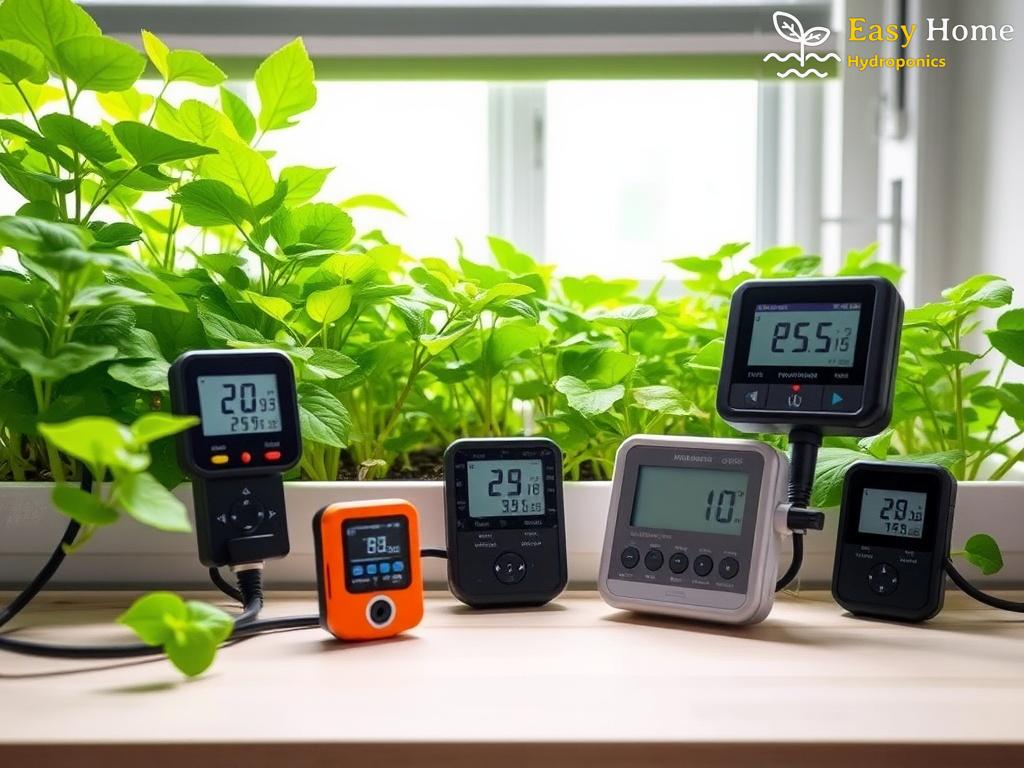Understanding the Role of Beneficial Bacteria
In the world of hydroponics, where plants grow in nutrient-rich water instead of soil, the focus often lies on fertilizers and pH levels. However, one of the unsung heroes in this ecosystem is beneficial bacteria. These microorganisms play a crucial role in enhancing plant health and nutrient uptake, making them indispensable for small-scale hydroponic systems. But what exactly do these bacteria do, and how can they transform your hydroponic gardening experience?
Why Beneficial Bacteria Matter
Beneficial bacteria work tirelessly to break down organic matter, converting it into forms that plants can easily absorb. They also help to suppress harmful pathogens, creating a balanced environment that promotes healthy plant growth. Without these microorganisms, hydroponic systems can suffer from nutrient imbalances and plant stress. Below is a detailed comparison of the benefits that beneficial bacteria bring to your hydroponic setup:
- Nutrient Availability: They break down nutrients into smaller, more absorbable forms.
- Root Health: They enhance root development and protect against diseases.
- pH Regulation: They help maintain optimal pH levels in the nutrient solution.
- Bioremediation: They can detoxify harmful substances in the water.
Effective Strategies for Incorporating Beneficial Bacteria
Integrating beneficial bacteria into your hydroponic system can be straightforward. Here are some effective strategies to ensure these microorganisms thrive in your setup:
- Choose the Right Products: Select quality microbial inoculants that are specifically designed for hydroponics.
- Monitor Conditions: Keep water temperatures and nutrient levels within ideal ranges to promote bacterial growth.
- Regular Testing: Test your water regularly for microbial activity and nutrient levels.
By implementing these strategies, you’re not just enhancing your plants’ nutrition; you’re creating a sustainable and thriving hydroponic ecosystem.




